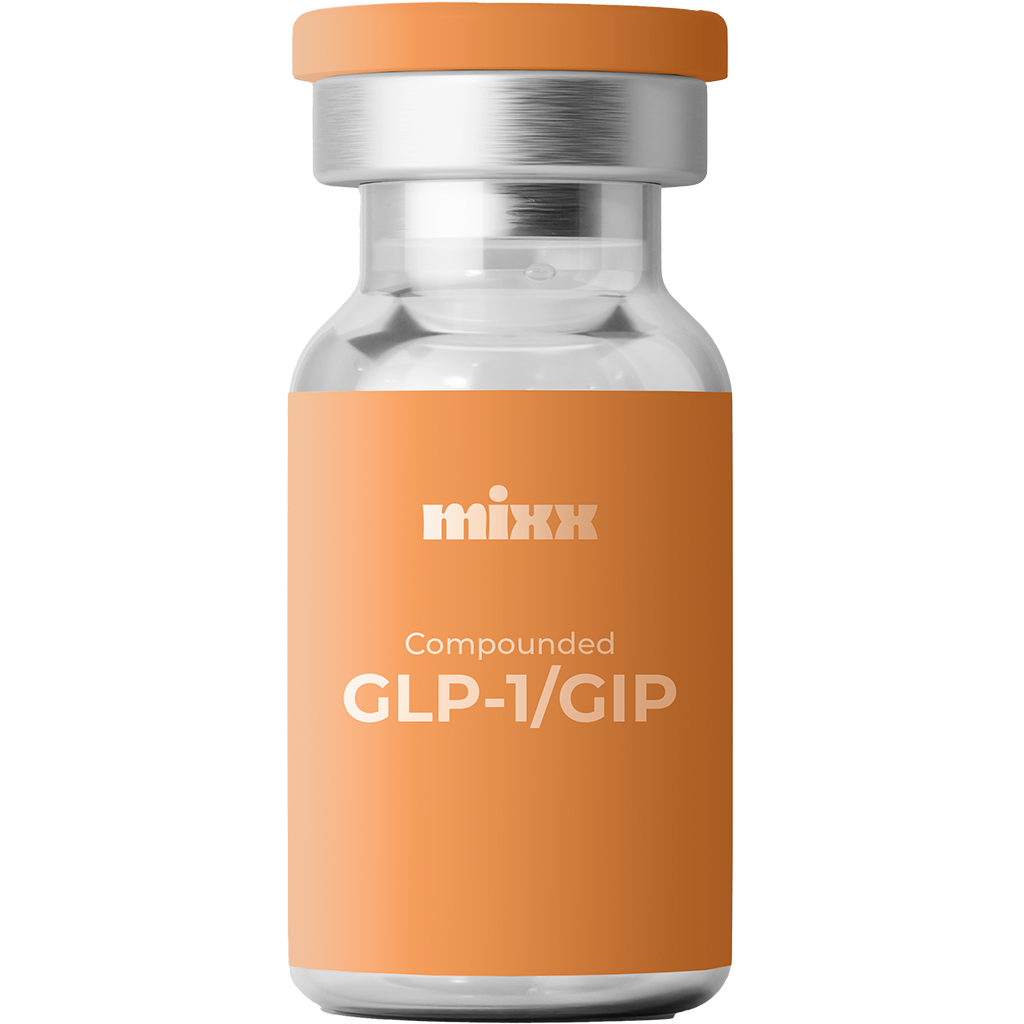Introduction to Hormone Injections for Weight Management
For many people, losing weight is more than just a personal goal—it is a step toward improving long-term health, preventing chronic disease, and boosting confidence. Traditional methods such as calorie restriction and increased physical activity are important, but they do not always lead to the results patients are hoping for.
That is why prescription therapies, such as hormone-based injections, anti-obesity medications, and weight loss drugs, have become one of the most powerful modern tools for weight management. These weight loss injections are self-administered by patients, typically using convenient pre-filled pens.
These medications promote weight loss by targeting biological mechanisms such as appetite regulation and metabolic control. As part of modern obesity treatment strategies, they offer effective, clinically studied options for those seeking medical support in their weight management journey.
At Mixx Health and Wellness, patients can access affordable hormone injection programs through virtual care. With $0 consultations, unlimited provider check-ins, and fast delivery of prescriptions, Mixx makes it possible to begin your journey from the comfort of home.
What Are Hormone Injections for Weight Loss?
Hormone injections, in the context of weight management, most often refer to GLP-1 receptor agonists (glucagon-like peptide 1) and the dual-action GLP-1/GIP option. The active ingredients in these medications are crucial for their effectiveness, as they mimic naturally occurring hormones that help the body regulate hunger and fullness cues.
Unlike fad diets or temporary fixes, GLP-1 and GLP-1/GIP therapies have been clinically proven to deliver meaningful and sustainable weight loss. Patients typically self-administer a small injection once a week, with guidance from a healthcare provider to ensure safety and effectiveness.
Because these therapies address the body’s biological drivers of appetite, they suppress appetite and help regulate metabolism as part of their mechanism. These injections are used for treating obesity in eligible patients. Instead of fighting constant hunger, patients feel satisfied with less food, making lifestyle changes easier to sustain over time.

Who Is a Candidate for Hormone Injections?
Hormone injections for weight loss, such as GLP-1/GIP therapies (like Mounjaro), are FDA-approved options designed for adults seeking chronic weight management. These weight loss medications are typically recommended for individuals with obesity—defined as a body mass index (BMI) of 30 or higher—or for those who are overweight (BMI of 27 or higher) and have at least one weight-related health condition, such as high blood pressure, type 2 diabetes, or high cholesterol. If you have struggled to lose weight through diet and regular exercise alone, hormone injections may offer a new pathway to achieving your weight loss goals.
Eligibility for these treatments is determined by a combination of factors, including your current weight, medical conditions, and personal or family history. A healthcare professional will assess whether you meet the criteria for hormone injections and help you weigh the potential benefits and risks. It’s important to note that individuals with a personal or family history of medullary thyroid carcinoma or multiple endocrine neoplasia syndrome type 2 should not use these medications, as there are specific safety concerns. Additionally, hormone injections are not recommended for women who are pregnant or breastfeeding, and those with a history of pancreatitis or thyroid cancer should proceed with caution.
As with any medication, there are potential side effects, such as nausea, vomiting, or diarrhea. Discussing these with your healthcare professional will help you make an informed decision and manage any adverse events that may arise. By carefully considering individual factors and working closely with your provider, you can determine if hormone injections are the right choice for your weight management journey and long-term health.

How GLP-1 and GLP-1/GIP Injections Work
Supporting Appetite Control
GLP-1 receptor agonists influence the parts of the brain responsible for hunger and satiety. Patients often report feeling full sooner during meals and experiencing fewer cravings throughout the day. This effect helps naturally reduce calorie intake without the frustration that comes from traditional calorie restriction alone.
Slowing Gastric Emptying
These injections also slow the emptying of the stomach, which means food stays in the digestive system longer. This prolongs feelings of fullness, smooths out energy levels, and reduces the urge to snack between meals.
Improving Blood Sugar and Metabolism
In addition to supporting weight loss, GLP-1 and GLP-1/GIP therapies improve metabolic health. They help regulate blood sugar by increasing insulin release after meals and lowering glucagon levels. This makes them an especially valuable tool for individuals with prediabetes or type 2 diabetes. When combined with consistent lifestyle changes, these effects create a powerful pathway toward both weight reduction and better overall health.
Benefits of Hormone Injections
- Clinically Proven Weight Loss: Studies have shown that patients using GLP-1 receptor agonists can lose a significant percentage of their body weight—sometimes up to 15–20%.
- Reduced Risk of Chronic Conditions: These medications help lower the risks of diabetes, high blood pressure, and heart disease by improving weight and metabolic markers.
- Improved Confidence and Energy: Patients often report better sleep, enhanced mood, and higher energy levels, contributing to long-term success.
- Long-Term Weight Management: These therapies can be used safely over time, helping patients maintain their progress without drastic lifestyle disruptions.
Effectiveness of Hormone Injections
The effectiveness of hormone injections depends on several factors, including starting body mass index, adherence to the treatment plan, and lifestyle habits. When paired with a healthy diet and regular physical activity, patients see the most consistent and sustainable results. Many report significant weight loss within the first three to six months, with even greater results over time.
It is important to note that these medications are not a “magic cure.” Instead, they provide the support patients need to make long-term changes without the constant struggle against hunger and cravings.
Potential Risks and Concerns
As with any prescription therapy, there are potential risks to consider. Common side effects include nausea, vomiting, and diarrhea, which often improve as the body adjusts to the medication.
Rare but serious risks may include pancreatitis, gallbladder issues, blood clots, irregular heartbeat, and mood changes. Pregnancy is a contraindication for these therapies, and patients who are pregnant, breastfeeding, or have certain medical histories may not be eligible for this type of therapy.
At Mixx Health and Wellness, these concerns and individual health conditions are carefully reviewed during the initial consultation and throughout the patient’s care plan. Providers make adjustments as needed to ensure treatments remain safe and effective.
Alternative Weight Loss Methods
While hormone injections are highly effective, they are not the only option. Some patients may consider very low-calorie diets, lifestyle coaching, or other medical approaches.
However, alternatives such as the hCG diet or extreme calorie restriction come with risks of nutrient deficiency, metabolic slowdown, and rebound weight gain. The hCG diet involves taking human chorionic gonadotropin, often through hCG injections, alongside a very low calorie diet. HCG weight loss products containing human chorionic gonadotropin are not FDA-approved and may be offered at some weight loss clinics, but carry significant risks. By comparison, GLP-1 and GLP-1/GIP therapies offer clinically proven results and a safer long-term strategy.
Even with hormone injections, healthy eating and regular exercise remain essential. Medications work best when combined with lifestyle changes, ensuring patients not only lose weight but also build a healthier future.
Why Choose Mixx Health and Wellness
Mixx Health and Wellness offers patients a unique combination of affordability, convenience, and expert care.
- $0 Consultations: Start your journey with no financial risk.
- Unlimited Check-Ins: Stay connected with your provider for adjustments and ongoing support.
- Custom Dosing Plans: Your treatment is designed specifically for your health profile and goals.
- Fast Home Delivery: Medications are shipped straight to your door for maximum convenience.
- Affordable Pricing: With plans starting at just $120 per month, Mixx makes hormone injections accessible without hidden fees.
By removing cost and accessibility barriers, Mixx ensures patients can focus on what really matters—achieving their weight loss goals and improving long-term health.
Frequently Asked Questions
What hormonal injections are used for weight loss?
The most common injections are GLP-1 receptor agonists and GLP-1/GIP therapies. These medications regulate appetite and blood sugar, helping patients lose weight.
Do hormone injections really make you lose weight?
Yes. Clinical studies and real patient experiences show that GLP-1 injections can help patients lose a significant percentage of their body weight, especially when combined with healthy lifestyle changes.
How fast can I lose 20 lbs using hormone injections?
Results vary, but many patients see 15–30 pounds of weight loss within the first three to six months of treatment. Progress depends on consistency, diet, exercise, and individual metabolism.
Who should not take hormone injections for weight loss?
Patients who are pregnant, breastfeeding, or have a personal or family history of medullary thyroid carcinoma should not use GLP-1 therapies. A licensed provider will review your medical history to determine eligibility.
Conclusion
Hormone injections such as GLP-1/GIP therapies represent one of the most effective tools for weight loss available today. They not only promote significant weight reduction but also improve blood sugar control, reduce the risk of chronic disease, and help patients feel more confident in their daily lives.
At the same time, patients must be aware of potential risks and work closely with a licensed provider to ensure safe and effective use. That is why programs like those offered at Mixx Health and Wellness are so valuable—they combine medical expertise, affordability, and ongoing support into one seamless experience.
By pairing hormone injections with healthy lifestyle changes, patients can achieve sustainable weight loss and take control of their health journey with confidence.

